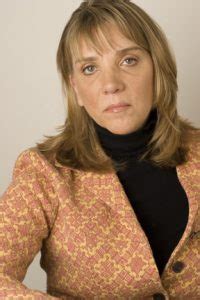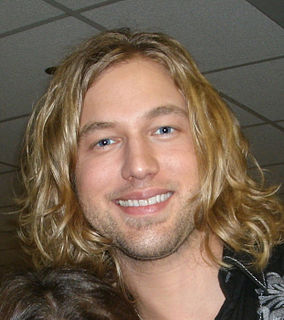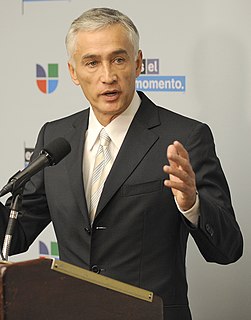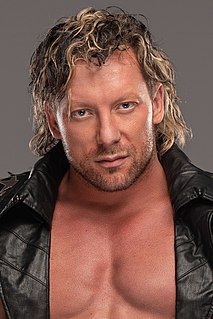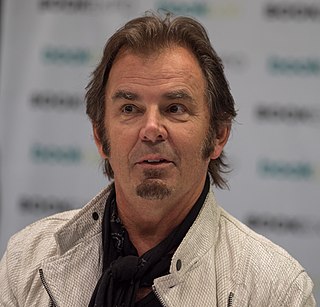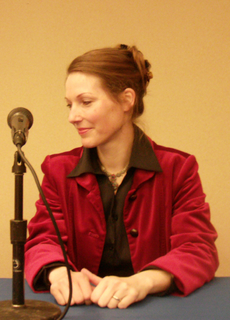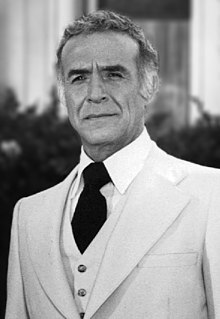A Quote by Alejandro Gonzalez Inarritu
One of the reasons why I agreed to do commercials is that they gave me complete freedom. I just had to have the car in it and write a story around it. I wanted to do something serious set in a Latin American country, but again, it was an exercise in style for me.
Related Quotes
When my father finally got around to teaching me to drive, he was impressed at my "natural" talent for driving, not knowing that I had already been secretly driving my mother's car around the neighborhood. When I took the test and got my license and my father gave me my own set of keys to the car one night at dinner, it was a major rite of passage for him and my mother. Their perception of me had changed and was formally acknowledged. For me the occasion meant a private sanction to do in public what I had already been doing in secret.
Because my parents were American missionaries who sent me to public schools in rural Japan, I had to confront Hiroshima as a child. I was in the fourth grade - the only American in my class - when our teacher wrote the words "America" and "Atomic Bomb" in white chalk on the blackboard. All forty Japanese children turned around to stare at me. My country had done something unforgivable and I had to take responsibility for it, all by myself. I desperately wanted to dig a hole under my desk, to escape my classmates' mute disbelief and never have to face them again.
Looking back, I do think one of the reasons 'Thirteen Reasons Why' has been so successful is not because it deals with serious issues but because I had a unique and interesting way to tell that story. I knew the issues were going to be dealt with in the book, but I felt my job was to write the story as entertainingly as possible.
Because my musical background is so diverse, it lends me to have very much my own style and it helps me to relate to the music as I'm going to play it. I just write. And if it comes out country, it's a country song. The funny thing is, I write all across the board. I just write what hits me at the time.
My first car was kind of sad. My first car was when my parents had completely worn out their Toyota Corolla that they had for 16 years or something. They gave me, for my 19th birthday, this really ancient Toyota. So that was my first car. And I loved it. I thought it was amazing, and I drove it cross-country. It was not aesthetically appealing in any way. It was it fast. It did not handle well, but it lasted forever. I drove cross-country and back, and then I gave it to my sister, and she drove it for another 10 years.
I felt my faith was on again off again until I met Paula White, who saw that the Lord had other plans; there was a weightiness to my spirit. She gave me the news that God loved me and wanted his son back. She spoke to the king in me and gave me new hope I could get right with God. The God I had hungered for; the Father I had been missing.
I'm just blessed that I was able to have guys around me that had some of the same goals. The man above gave me a gift and he gave me friends and a mentor that can help me reach my goal and reach my potential. And we all had the same goal, so it wasn't hard for us to get, you know, off track because we all wanted the same thing.
I knew what I wanted to do when I set out. I knew that I wanted to write a book that told the story, obviously. I wanted it be comedy first, because I felt like there already had been childhood druggy stories that were very serious, and I felt that the unique thing here was that I was a comic and I could tell the story with some levity, and I have been laughing at these stories my whole life.


